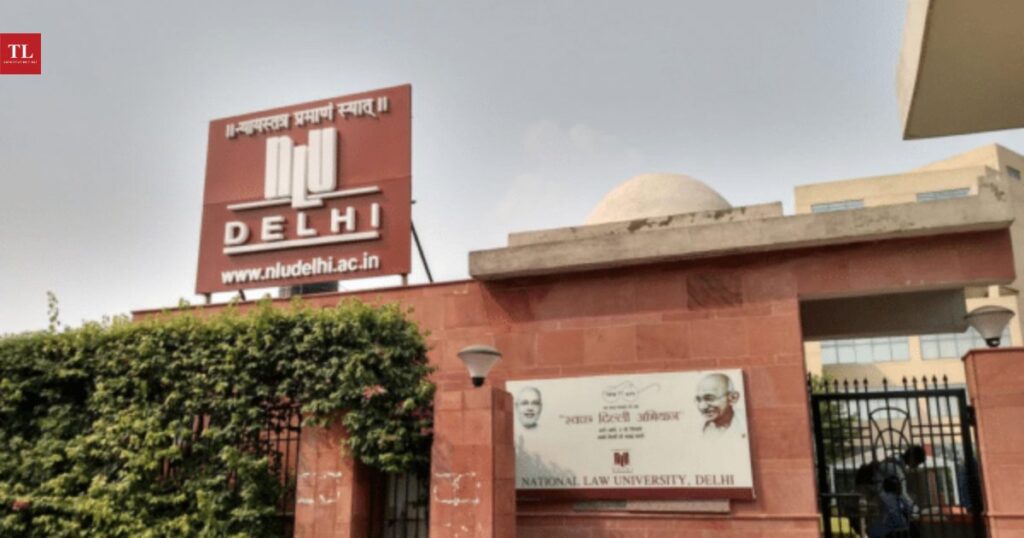Testing times for National Law University Delhi: Is it being used by Ministry of External Affairs?
June 26, 2021
ndia’s academic institutions are all facing authoritarianism. One more example of it was seen when the MEA farmed out the writing of the first draft of their reports to UN rights bodies to academic institutions like the NLUD. The draft report for the Universal Periodic Report by NLUD academics was decent. By the time the MEA worked on it and the final product was submitted, it had made unbelievable claims to India’s human rights record. The same exercise is being repeated for the fourth periodic report to the HRC. The NLUD draft report should be put into the public domain and its academic integrity preserved, writes RAVI NAIR.

The Ministry of External Affairs (MEA) and the National Law University Delhi (NLUD) have held three consultations on India’s fourth periodic report to the United Nations (UN) Human Rights Committee in May and June 2021. It is due for submission in August 2021.
…

